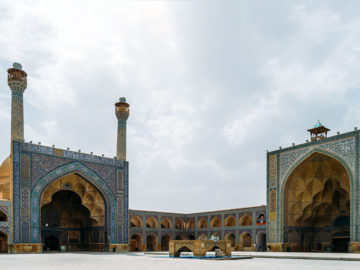
Masjed-e Jameh of Isfahan (Jameh Mosque)
The initial building of this mosque was constructed during Seljuq Empire which is a production of the Iranian architecture for 15 centuries
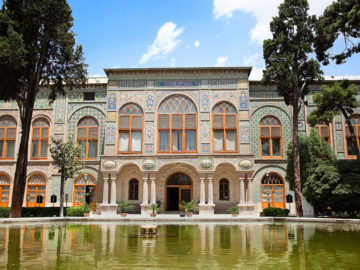
Golestan Palace Complex
The complex of Golestan Palace as a global heritage remained from Tehran’ historical Arg (citadel) which was the accommodation of Qajar kings
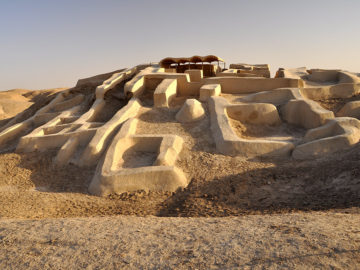
Shahr-e Sukhte (The Burned City of Sistan)
A city to find the first brain surgery of history, the first animation, an artificial eye and many objects from Bronze Age. 50 km South of Zabol, Sistan & Baluchistan Province.
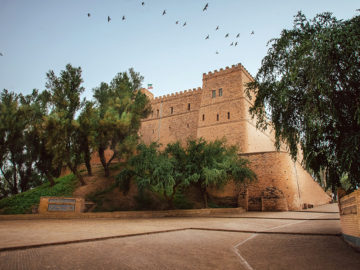
The Ancient City of Shush (Susa)
The ancient city of Shush (Susa) with sections like the royal city, Apadana Palace, Shush Castle and Artaxerxes Palace, located in city of Shush, Khuzestan Province.
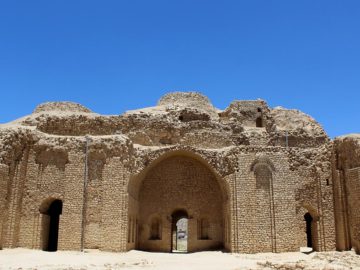
The Sassanid Archeological Landscape
The archeological landscape of the Sassanid era in Fars region is composed of three historical-geographical areas of Bishapour, Firouzabad and Sarvestan. It’s the twenty-third Iranian landscape registered on UNESCO’s word heritage list and the fourth …
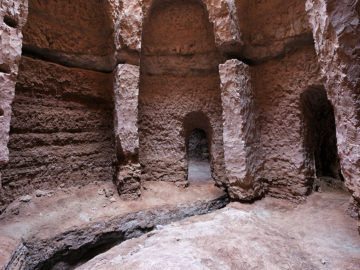
Persian Qanat
Qanat or Kariz comprises of underground horizontal channels with gentle slope that delivers subterranean water to vertical shafts
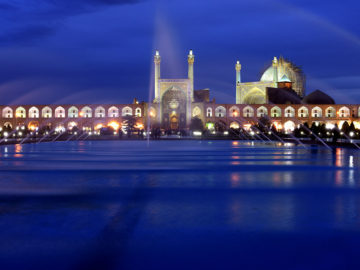
Naqsh-e Jahan Square
Naqsh-e Jahan is the central square of Isfahan City; it has four historical works which have been all globally registered
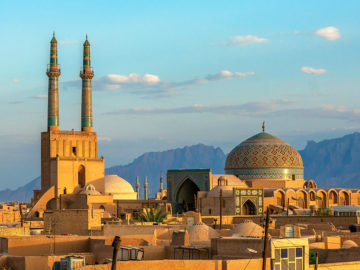
Historic City of Yazd
Yazd is the city that best represent the architecture, art, lifestyle and traditions of Iran in desert areas. Known for its wind-catcher, roofed passageways, narrow streets, gardens, water reservoirs and Qanats

Cultural Landscape of Meymand
Meymand is one of the rocky village of the world that people are still living in and it has about 400 houses with some public places like mosque, school and Hosayniya
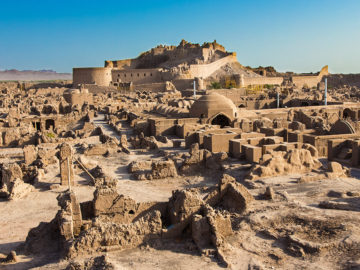
Bam and its Cultural Landscapes (Arg-e Bam)
Arg-e Bam can be considered as a rich sample of the cities which were built in the Middle Ages, it is made of clay layers with domestic techniques. This work was globally registered in 2004
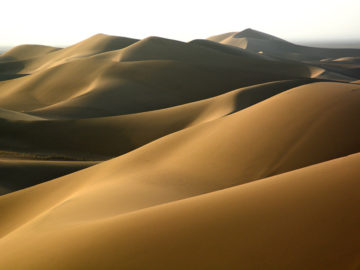
Dasht-e Lut (Lut Desert)
The Lut Desert or Dasht-e Lut is the first natural work of Iran which has been registered in UNESCO in 2016
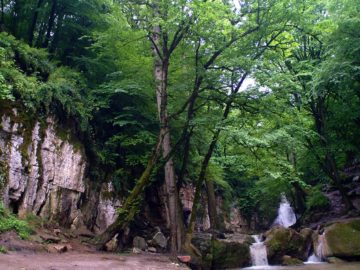
Hyrcanian Forests
Iran’s Hyrcanian Forests were inscribed in UNESCO’s World Heritage Site on 5 July 2019
